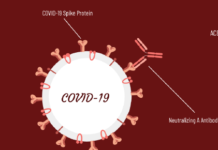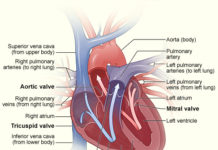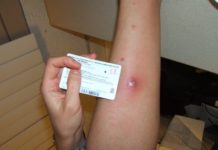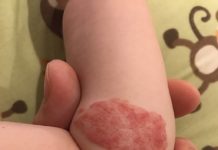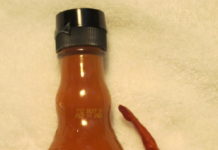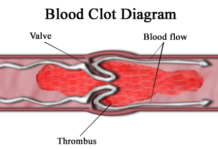
By Lilly Snepp & Hannah Harshfield; Farnsley Middle School (Louisville, KY)
Teacher: Marsha Buerger
“I was in bed for 2 weeks and couldn’t do anything else, because I didn’t feel like it and it wouldn’t have been good for me. I have had pneumonia before. In fact I used to get it EVERY year until the time I was 8 or 9. This was due to asthma. But having Mono was the sickest I had been in a while.”
It all started when Hannah (co-author) was feeling weird and very tired. She didn’t want to do anything but sleep and lay around. Her parents were very concerned and knew something had to be wrong. When Hannah was 10 years old she was diagnosed with Mononucleosis, which is commonly referred to as Mono.
Some of the symptoms she experienced were headaches, aches and pains throughout her body, and swollen glandes and lymph nodes. The swelling may last for a few weeks or longer.
Our friend Gabby Hampton had Mononucleosis when she was 13. Hampton was ill for about three weeks. She states that it was the worst sickness she has ever had. She was feeling the same symptoms as Harshfield’s – headaches, always tired, pains, swollen glandes, and lymph nodes.
Mononucleosis is called “the kissing disease”, but she didn’t get it by kissing people.
WebMD states that the majority of people get Mononucleosis at least once in their life. Mono is caused by the Epstein-Barr virus and it can be transmitted even when a person does not feel sick. It is also possible to spread the Epstein-Barr virus even when a person is not sick. This virus is linked to Lupus, Crohn’s Disease, Eczema, Grave’s Disease, and Rheumatoid arthritis, according to WebMD. The virus is typically transmitted from asymptomatic individuals through blood or saliva. Asymptomatic means producing or showing no symptoms. When you have the sickness you shouldn’t share any drinks, food even blankets or pillows because that’s how the virus spreads.
According to the Mayo Clinic “The virus has an incubation period of approximately four to six weeks, although in young children this period may be shorter”. They also state, your glands/lymph are a part of the lymph system, which carries fluid, nutrients, and waste material throughout your body, causing a swollen spleen. The Spleen is an abdominal organ involved in the production and removal of blood cells in most vertebrates and forming part of the immune system.
The treatments for Mono include getting a lot of rest, drinking a lot of fluids (water), gargling salt water for sore throat, eating warm soup, using over the counter pain medication, and taking prescriptions corticosteroids to help reduce throat tonsil swelling.
According to the CDC, Mono is not very serious, but the complications of Mono may be more serious than the actual disease itself. The complications of The Epstein-Bar virus that causes Mono may include enlargement of the spleen and liver issues, as well as affect a person’s brain, spinal cord, lungs, and nerves. It can also lead to cancers such as Lymphoma.
We have surveyed 50 students and asked three questions. Out of 50 students only 10% has had Mono before, or knows what the disease is. The other 45 students had no a clue what it was. Most of the students who have experienced Mono said that the feeling was horrible and that they hated it.
“It took me 2-3 weeks to recover, and a week after I was extremely weak” says Harshfield.

This work is licensed under a Creative Commons Attribution-NonCommercial-NoDerivs 3.0 Unported License


